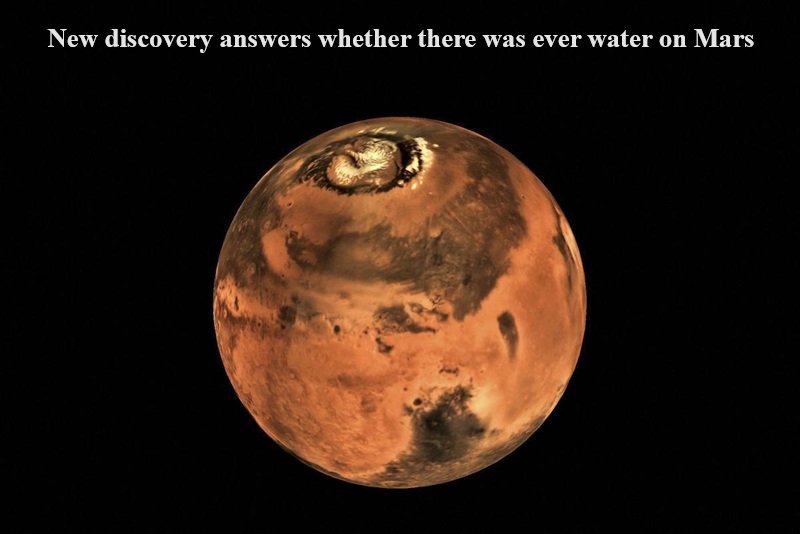
Mars has once again astounded scientists with a captivating revelation – colossal slabs of ice are concealed at its equator. Recent research indicates that these ice deposits, situated in the Medusae Fossae Formation region on Mars, extend several kilometers in depth. If melted, this substantial reservoir of ice would be adequate to envelop the entire Martian surface, forming an ocean with depths ranging from 1.5 to 2.7 meters (4.9 to 8.9 feet). The Medusae Fossae Formation was initially discovered in 2007, yet the composition of the region remained elusive at that time.
This groundbreaking discovery not only reinforces the belief that life might have existed on Mars but also marks the first instance of identifying such a substantial water reservoir at the planet’s equator. The confirmation of rivers that once flowed on Mars has been documented earlier, but the revelation of these massive equatorial ice slabs opens new avenues for understanding the planet’s history.
Geologist Thomas Watters from the Smithsonian Institution elaborated on the findings, stating, “We’ve explored the Medusae Fossae Formation again using newer data from Mars Express’s MARSIS radar, and found the deposits to be even thicker than we thought: up to 3.7 kilometers (2.3 miles) thick.” Excitement surrounds the observation that the radar signals align with expectations for layered ice, resembling signals from Mars’s polar caps, which are known to be abundant in ice.
The buried water reservoir at Mars’s equator, equivalent to the water content in Earth’s Red Sea, adds a remarkable dimension to our understanding of the planet’s geology and potential habitability. This revelation underscores the ongoing quest to unravel the mysteries of Mars and deepens our appreciation of its diverse and complex history.

Post Your Comments